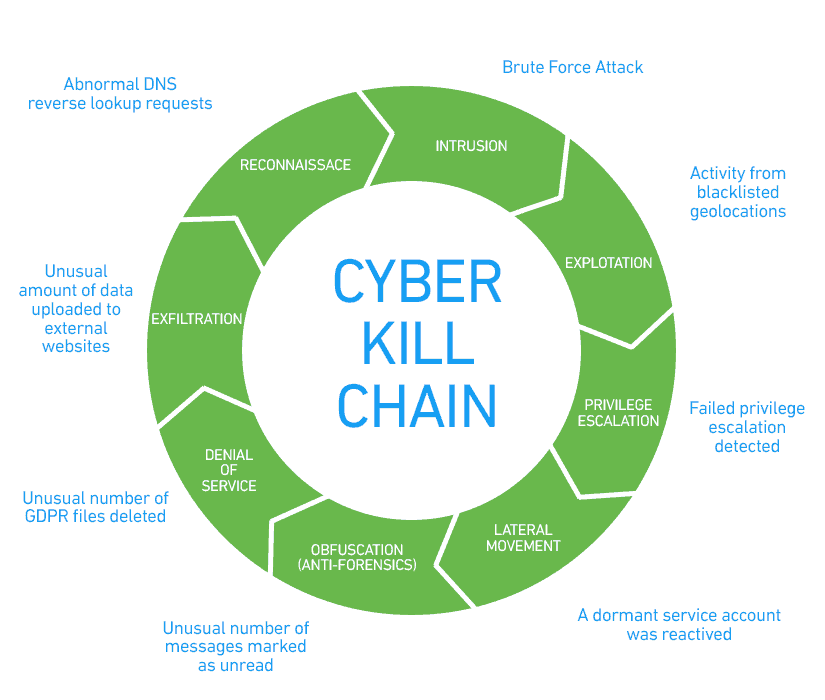“Mamona” – Minimalist, Offline Ransomware: Wazuh researchers have discovered a new Windows ransomware strain named Mamona, notable for its incredibly compact, self‑contained design. It encrypts files locally (adding a “.HAes” extension), delays execution using a ping trick, then self‑deletes—leaving minimal forensic traces. It doesn’t rely on C2 infrastructure, which makes detection via traditional network monitoring very difficult.
Shellter Elite Hijacked for Infostealer Campaigns: Elastic Security Labs reports that a leaked version of the Shellter Elite pentest tool has been abused by threat actors to deploy info‑stealer malware such as ArechClient2/Sectop RAT and Rhadamanthys. This underscores the risks when legitimate offensive‑security tools fall into malicious hands. Tool developers responded by tightening access controls and patching misused components.
Unlock access to the largest independent learning library in Tech for FREE!
Get unlimited access to 7500+ expert-authored eBooks and video courses covering every tech area you can think of.
Renews at $19.99/month. Cancel anytime
Oyster Malware Loader Distributed via SEO Poisoning: Arctic Wolf reveals a campaign distributing the Oyster loader (aka Broomstick/CleanUpLoader) through fake, SEO‑optimized landing pages that mimic popular Windows utilities like PuTTY and WinSCP. Once installed, Oyster persists via scheduled tasks and delivers secondary payloads through DLL injection and obfuscated strings, communicating securely over HTTPS
LummaC2 Targeting Critical Infrastructure: In a joint alert, CISA and the FBI spotlight LummaC2, a malware strain used in spear‑phishing campaigns against U.S. critical‑infrastructure organizations. Written to exfiltrate credentials, wallet data, MFA tokens, and more, LummaC2 employs obfuscation to evade detection and maintain persistence by mimicking benign API calls.
Calendarwalk – Google Calendar as C2: TeamT5 via Virus Bulletin reports on Calendarwalk, a sophisticated malware tied to APT41. It abuses Windows Workflow Foundation and uses Google Calendar events as a stealthy C2 channel. The malware includes obfuscated shellcode and integrates an AES‑encrypted Chatloader backdoor, indicating deep technical innovation and evasion
Medusa Ransomware’s ABYSSWORKER Driver to Disable EDR: Elastic Security Labs has uncovered a novel Bring‑Your‑Own‑Vulnerable‑Driver (BYOVD) attack: Medusa ransomware used a revoked driver called smuol.sys (from the “ABYSSWORKER” family) to impersonate a legitimate CrowdStrike driver and disable anti‑malware protections. It was packaged via a paid packer service named HeartCrypt.
 United States
United States
 Great Britain
Great Britain
 India
India
 Germany
Germany
 France
France
 Canada
Canada
 Russia
Russia
 Spain
Spain
 Brazil
Brazil
 Australia
Australia
 Singapore
Singapore
 Canary Islands
Canary Islands
 Hungary
Hungary
 Ukraine
Ukraine
 Luxembourg
Luxembourg
 Estonia
Estonia
 Lithuania
Lithuania
 South Korea
South Korea
 Turkey
Turkey
 Switzerland
Switzerland
 Colombia
Colombia
 Taiwan
Taiwan
 Chile
Chile
 Norway
Norway
 Ecuador
Ecuador
 Indonesia
Indonesia
 New Zealand
New Zealand
 Cyprus
Cyprus
 Denmark
Denmark
 Finland
Finland
 Poland
Poland
 Malta
Malta
 Czechia
Czechia
 Austria
Austria
 Sweden
Sweden
 Italy
Italy
 Egypt
Egypt
 Belgium
Belgium
 Portugal
Portugal
 Slovenia
Slovenia
 Ireland
Ireland
 Romania
Romania
 Greece
Greece
 Argentina
Argentina
 Netherlands
Netherlands
 Bulgaria
Bulgaria
 Latvia
Latvia
 South Africa
South Africa
 Malaysia
Malaysia
 Japan
Japan
 Slovakia
Slovakia
 Philippines
Philippines
 Mexico
Mexico
 Thailand
Thailand















